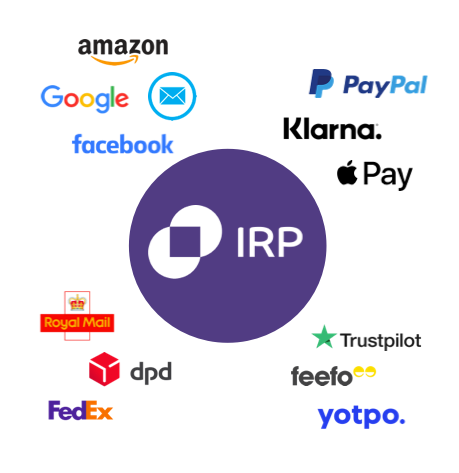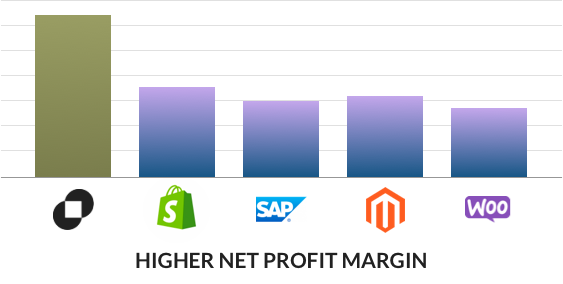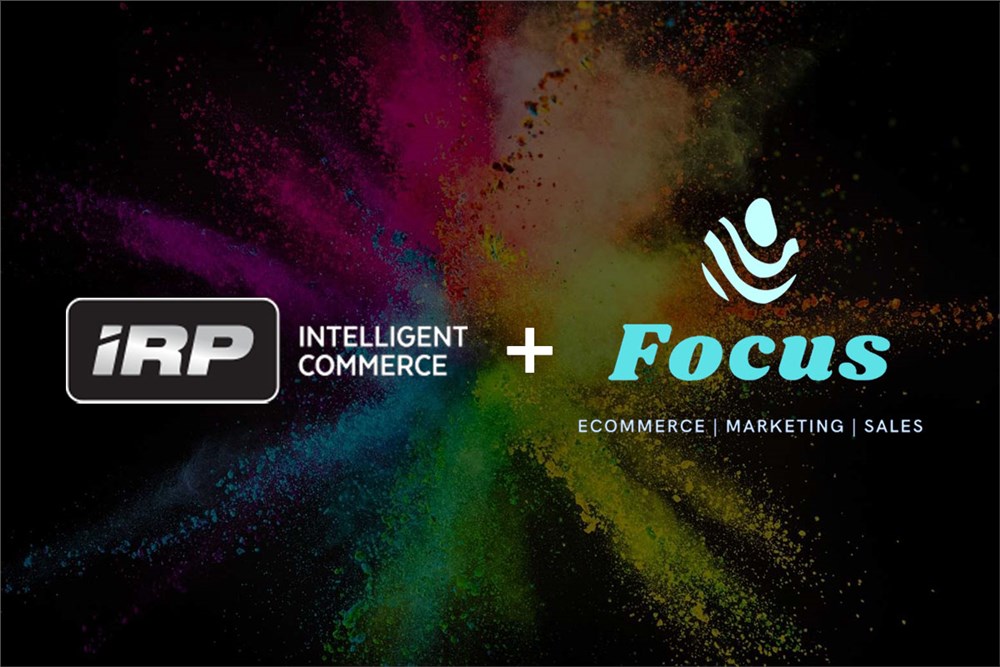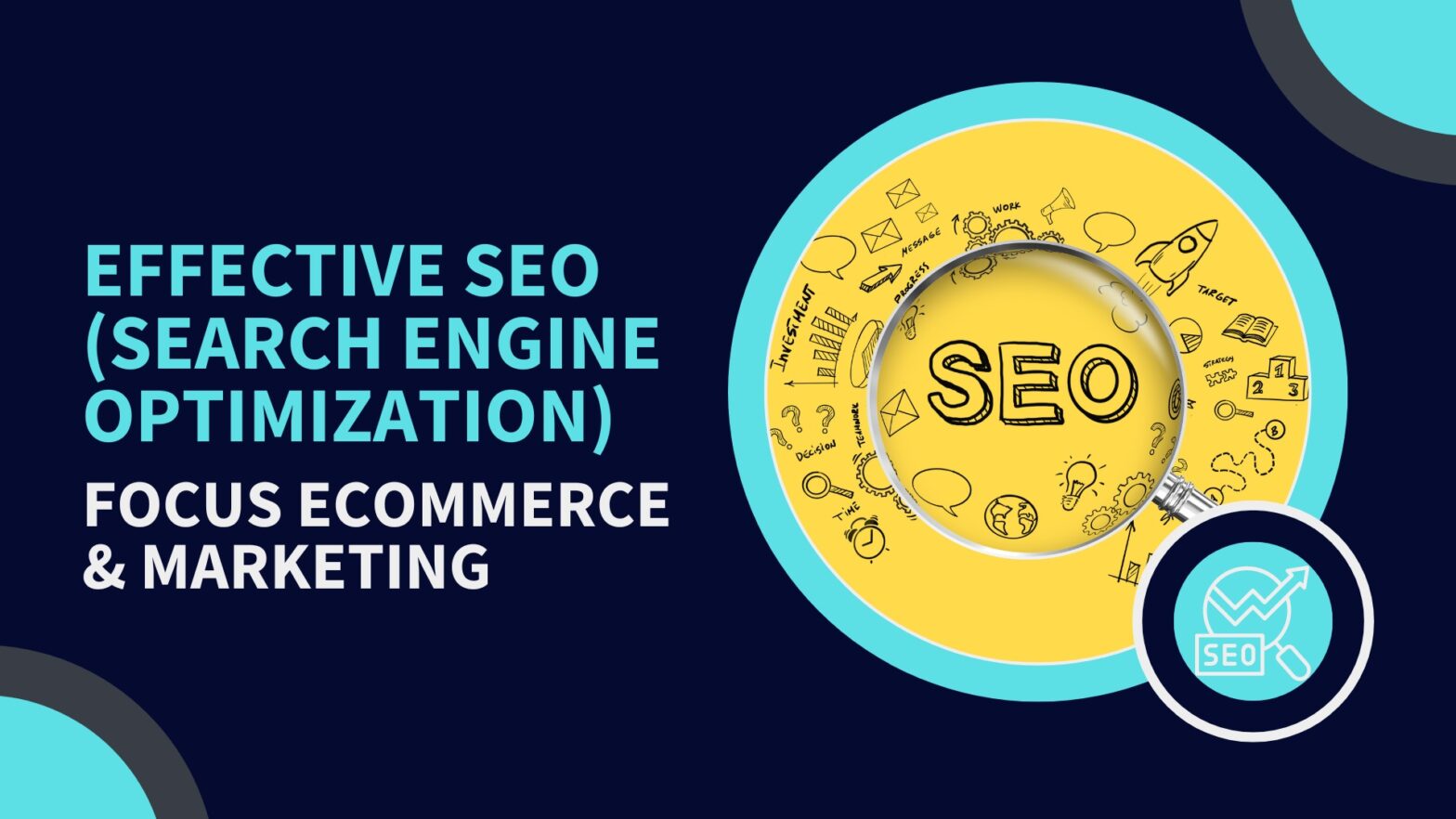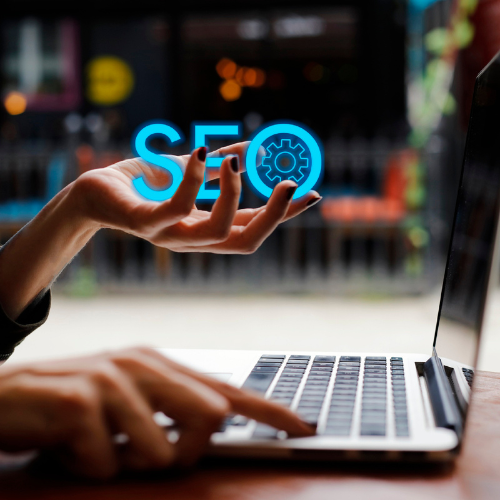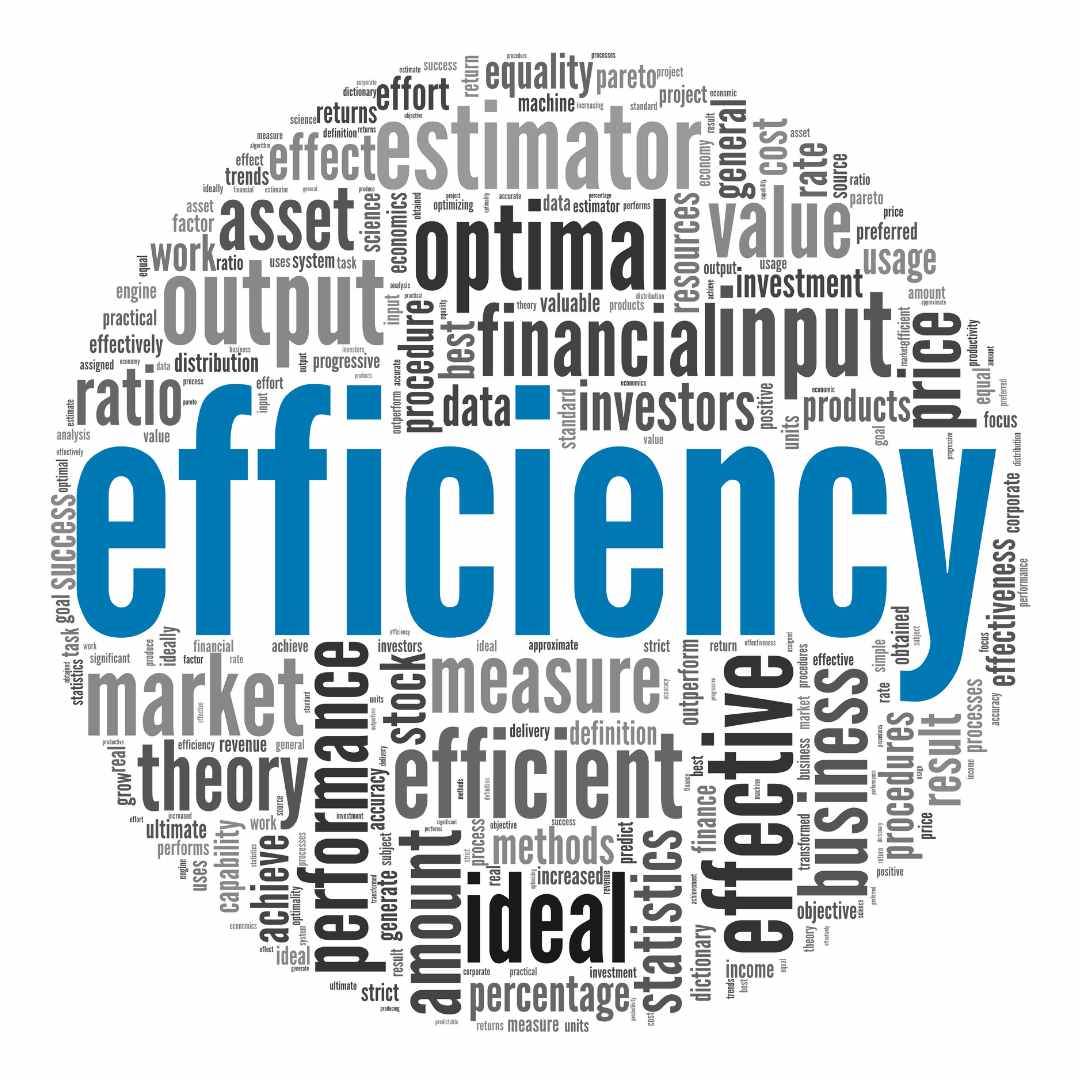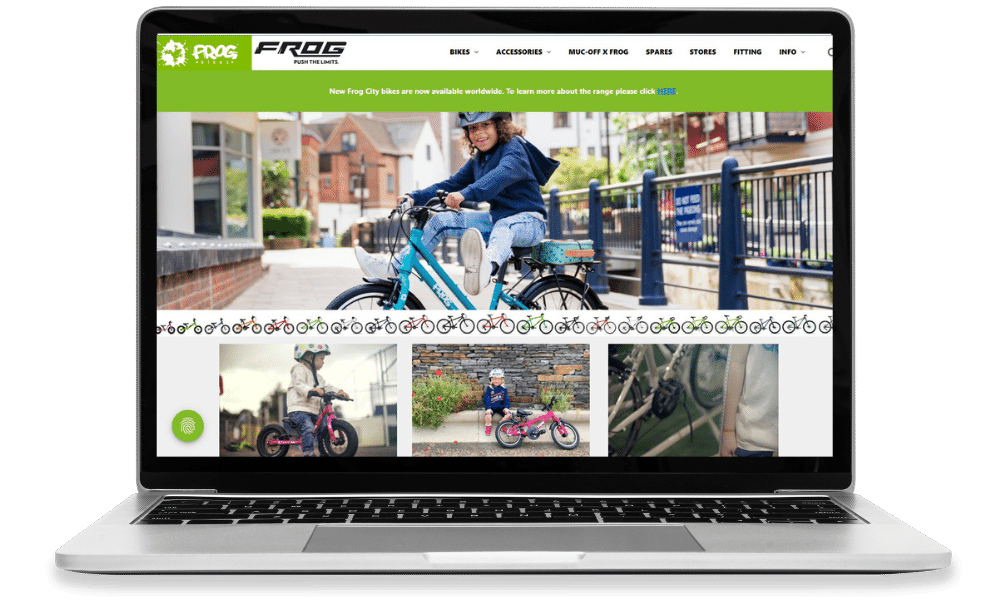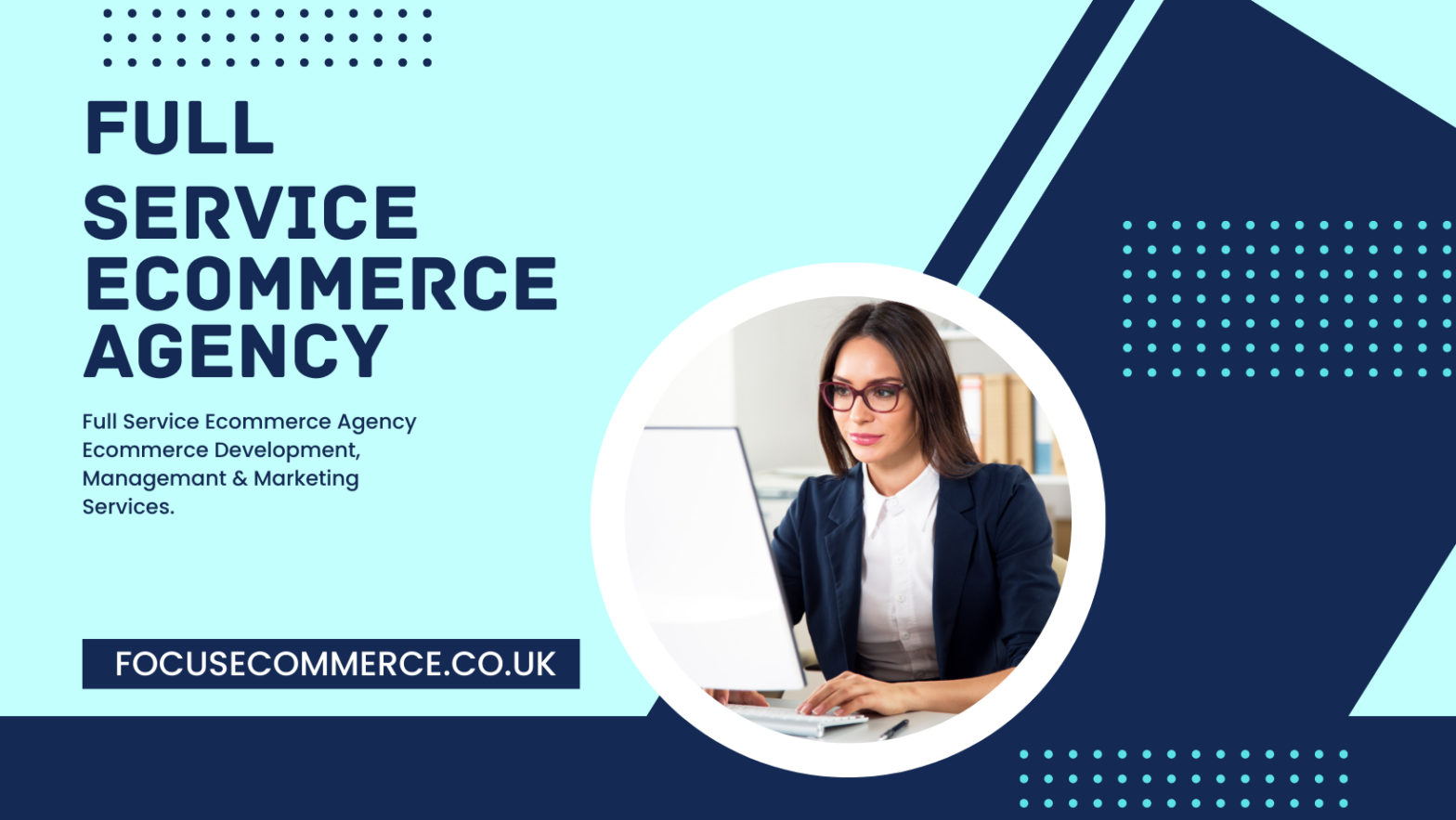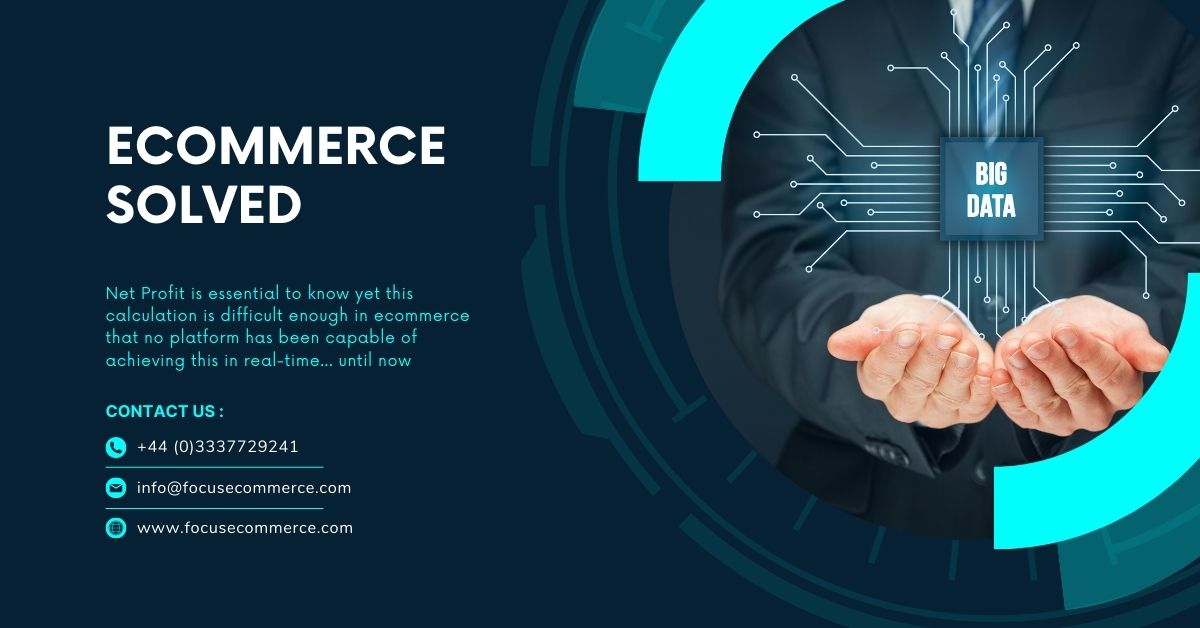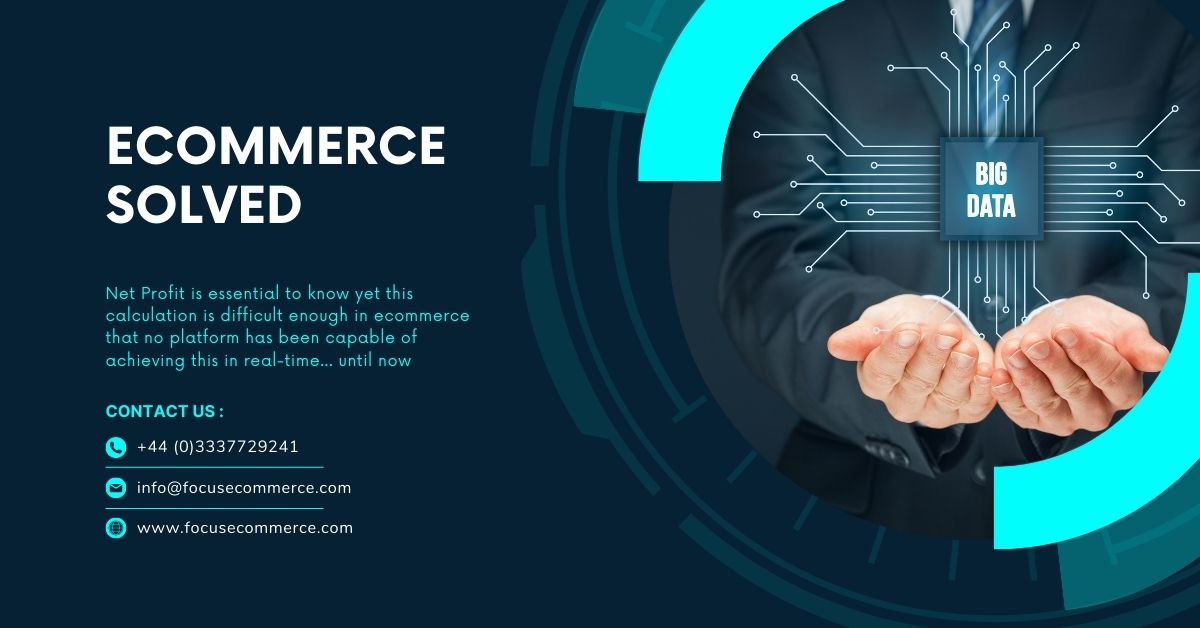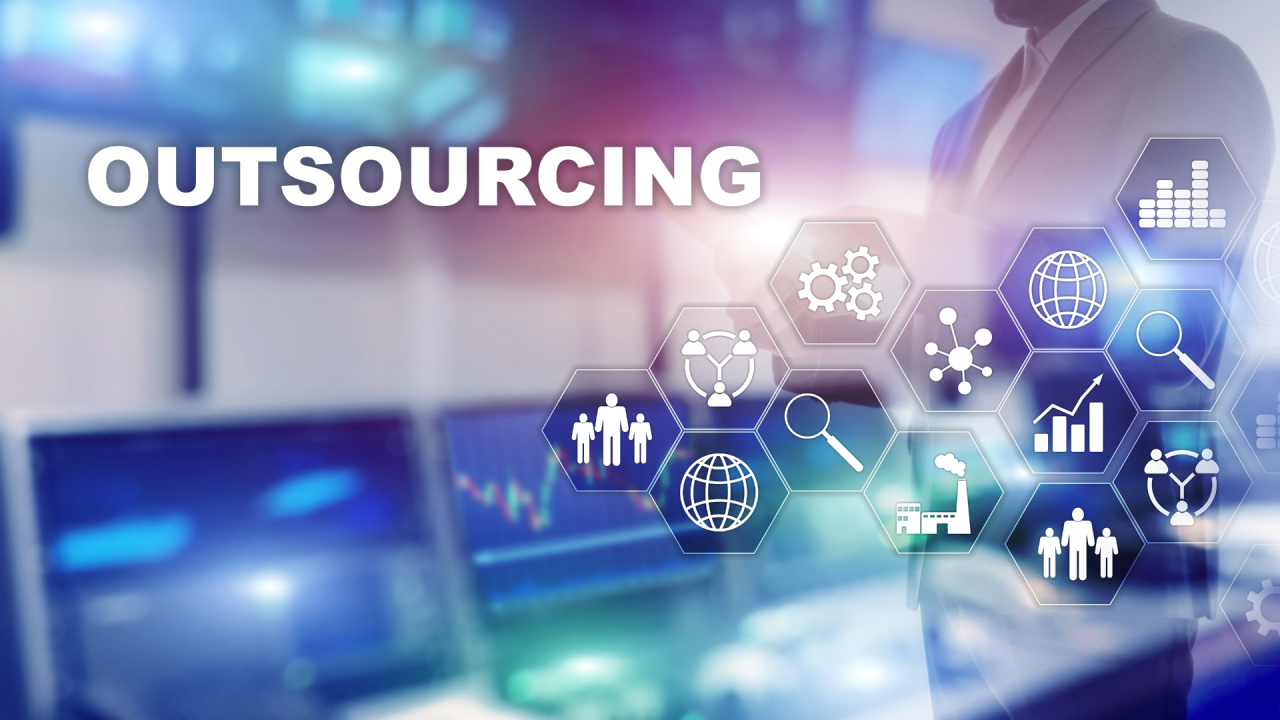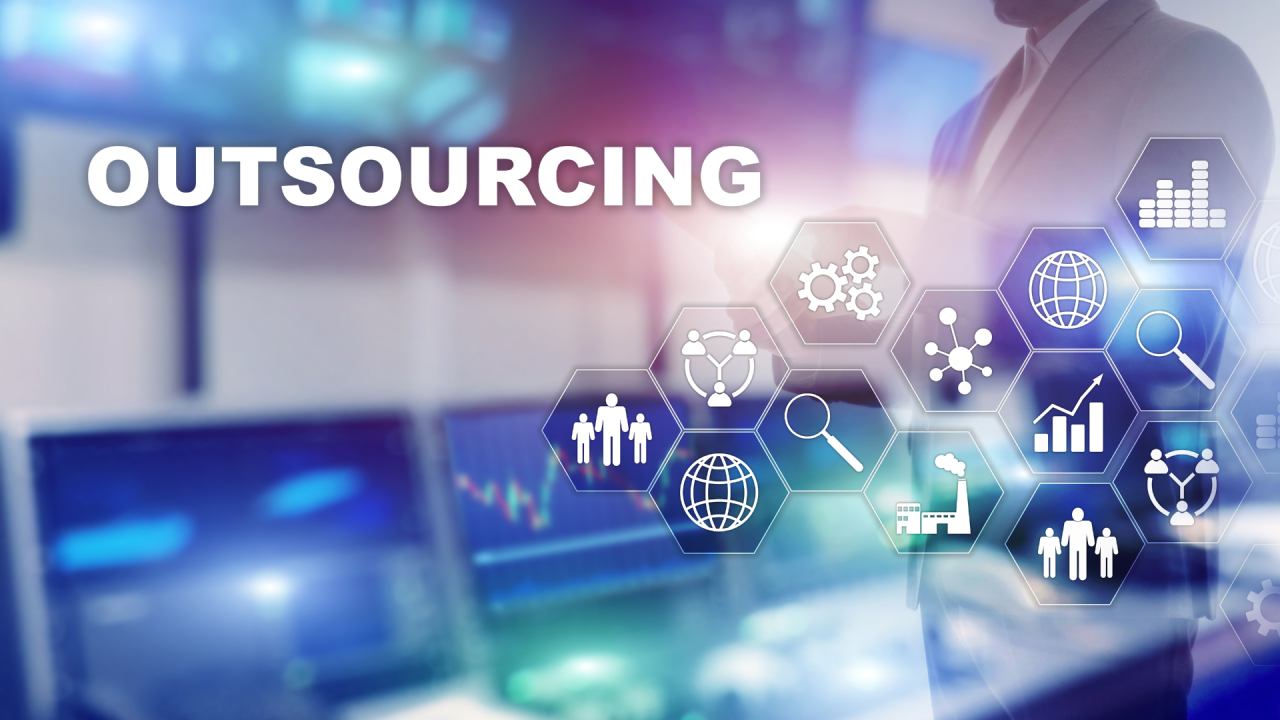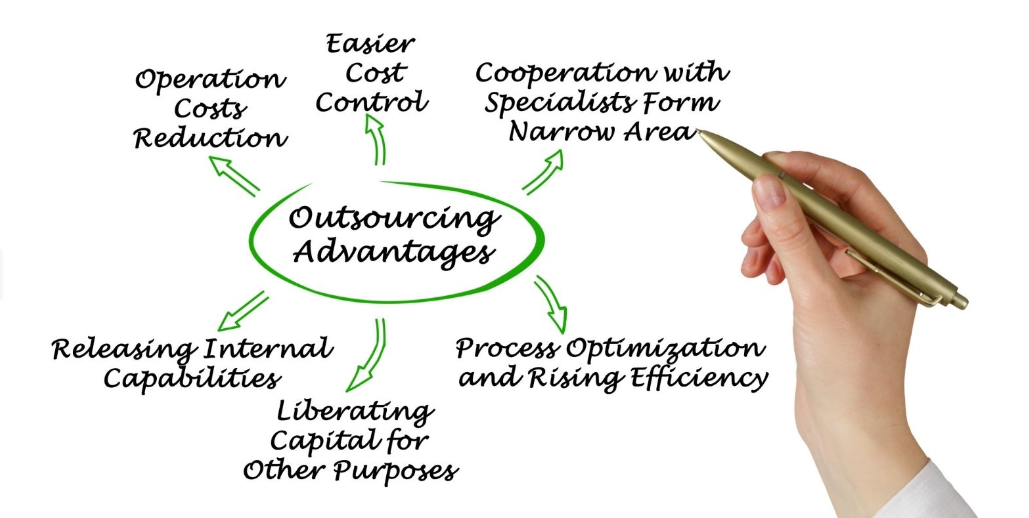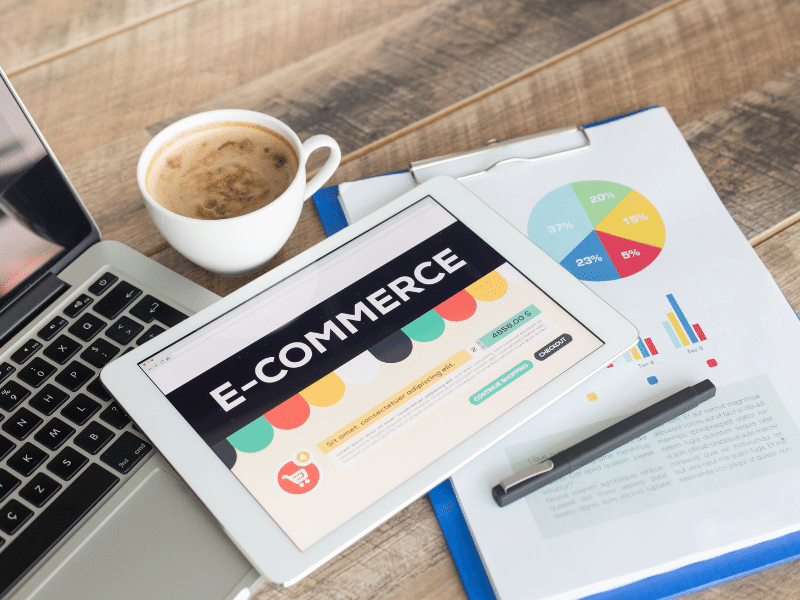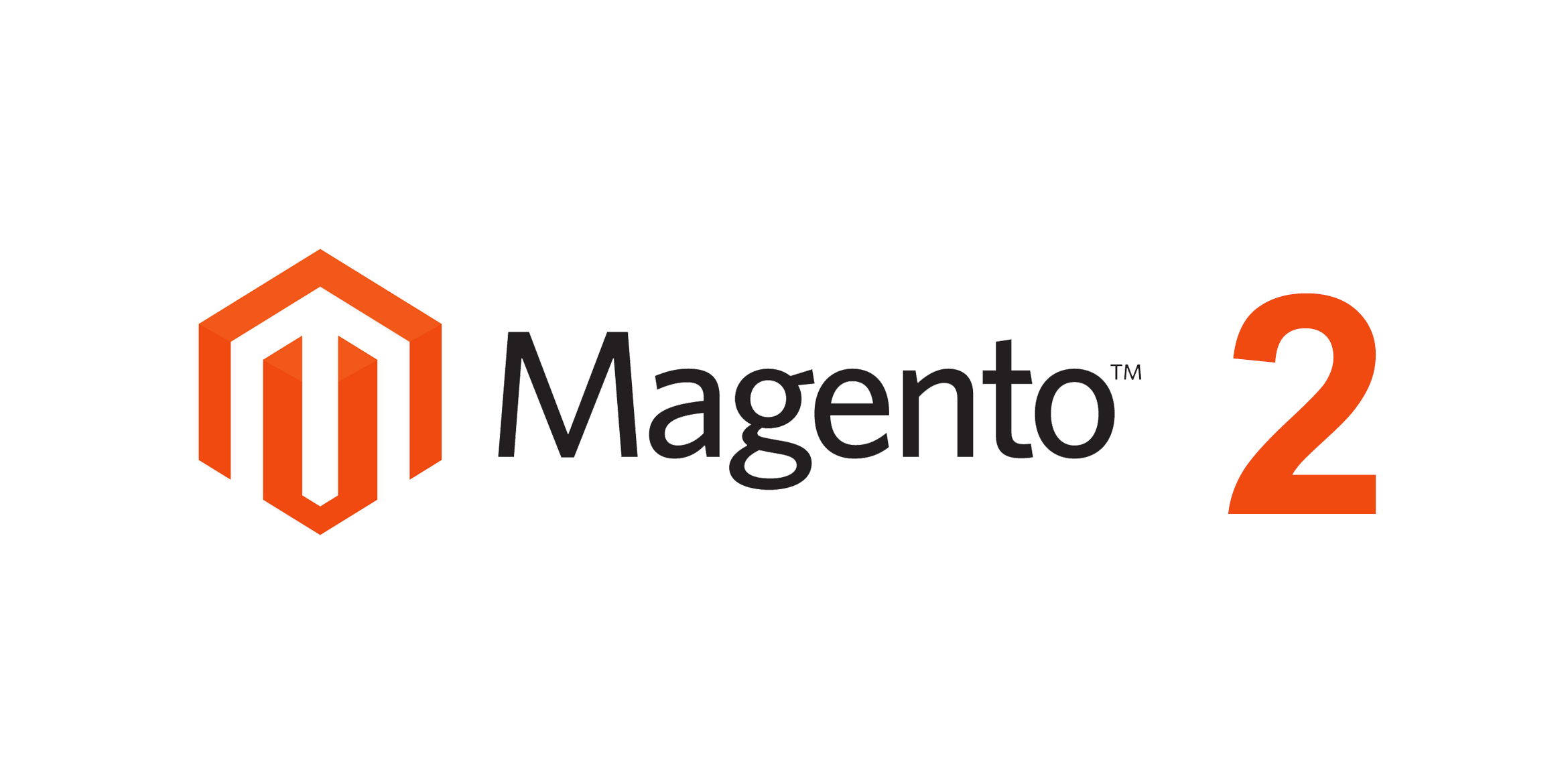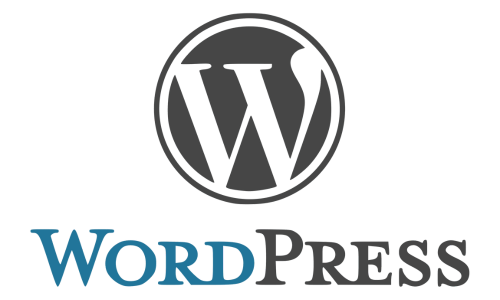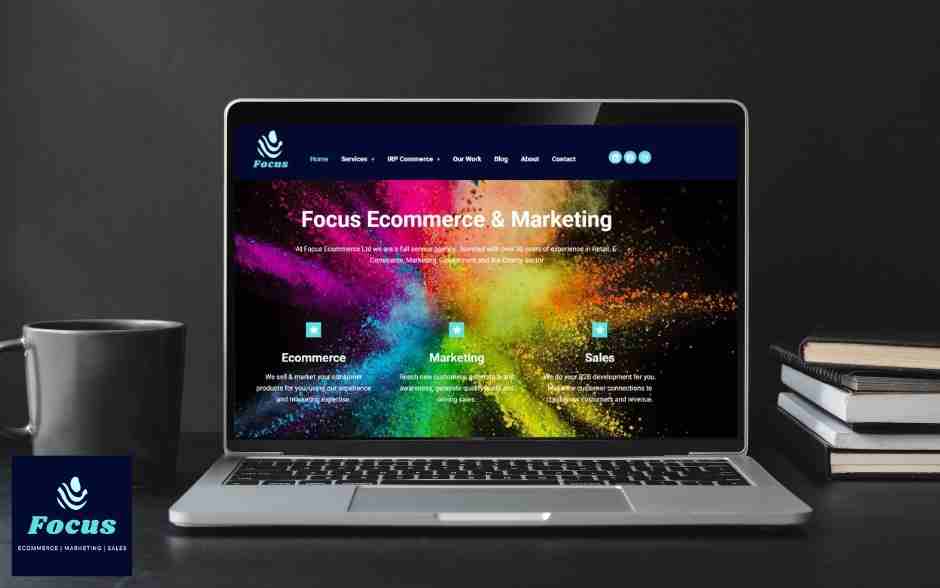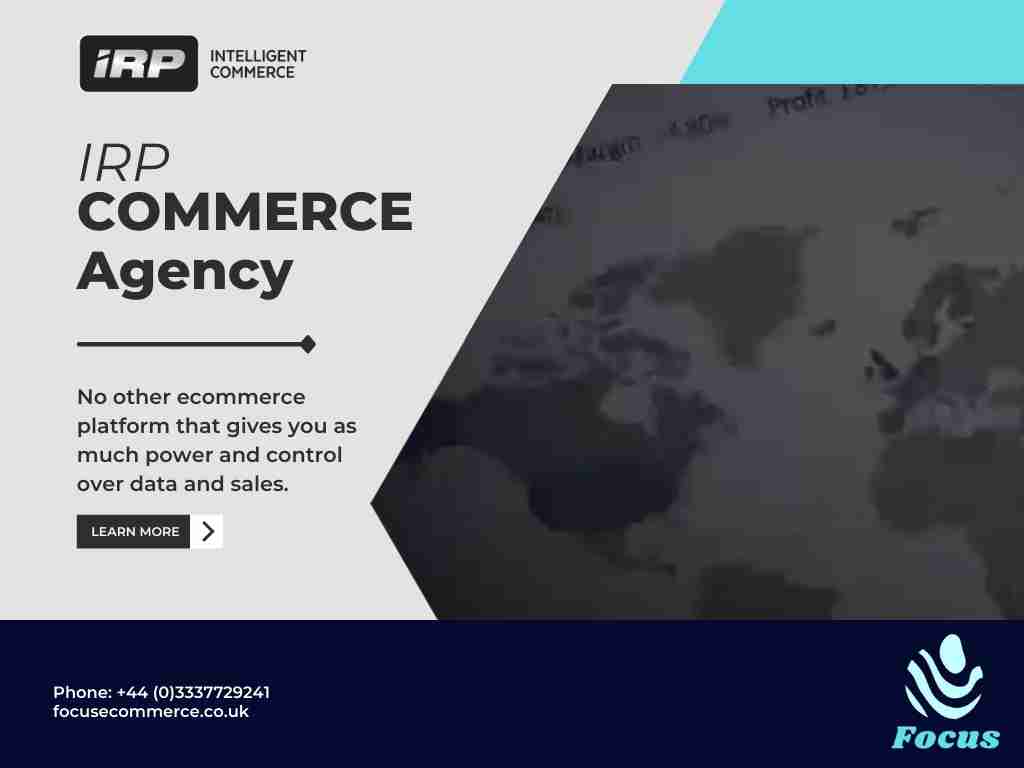Website Development with 12 months FREE Hosting
Are you ready to take your online presence to the next level? At Focus Ecommerce and Marketing, we specialize in crafting bespoke websites on two of the most powerful platforms in the digital realm: Shopify and WordPress. Whether you’re an ambitious entrepreneur or a seasoned business owner, our expert team is here to turn your vision into a stunning reality.

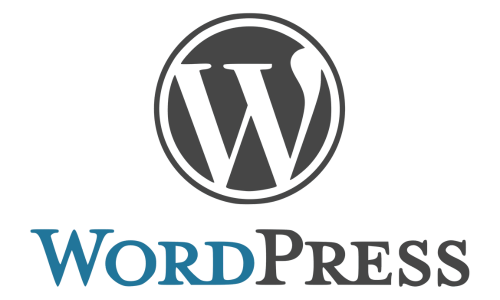
WordPress Development
Renowned for its versatility and customization options, WordPress is the go-to choice for building dynamic websites and blogs. With thousands of themes and plugins at your fingertips, you can create a truly unique online presence that reflects your brand’s personality and resonates with your audience. Plus, with its user-friendly content management system, managing your site has never been easier.
Shopify Development
As a leading ecommerce platform, Shopify offers unparalleled simplicity and scalability. From sleek storefronts to seamless checkout experiences, Shopify empowers businesses of all sizes to thrive in the competitive online marketplace. With its intuitive interface and robust features, you’ll have everything you need to showcase your products and drive sales.

Products Built for Profit
Fully Featured Platform with No Development

Custom Design and Development:
Whether you're starting from scratch or looking to revamp your existing site, our talented designers and developers will create a visually stunning and highly functional website that sets you apart from the competition.

Ecommerce Integration
Ready to take your online store to new heights? We'll seamlessly integrate Shopify or WordPress with your ecommerce platform, ensuring a smooth shopping experience for your customers and maximizing your sales potential.

Responsive Design:
In today's mobile-first world, it's essential to have a website that looks great on any device. Our responsive design approach ensures that your site is optimized for desktops, tablets, and smartphones, providing a seamless user experience across all platforms.
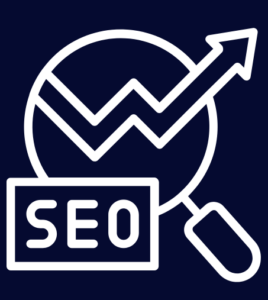
SEO Optimisation:
Stand out in the crowded digital landscape with our comprehensive SEO services. From keyword research to on-page optimization, we'll help you climb the search engine rankings and attract more organic traffic to your site.

special offer
Ready to elevate your online presence with a stunning website on Shopify or WordPress? Contact us today to schedule a consultation with one of our expert developers. Together, we’ll unlock the full potential of your online business and help you achieve your goals. Let’s build something amazing together!
Terms & Conditions
- WordPress site must be hosted with Focus Ecommerce.
- WordPress hosting applies to Focus Ecommerce Basic package.
- Shopify hosting applies to Basic package.
- Site cannot be moved to another provider within the initial 12months.
- Additional costs my apply.
- Focus Ecommerce reserves the right to withdraw the offer at any time.






